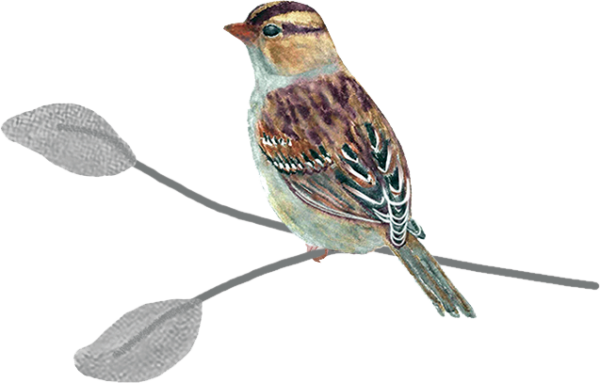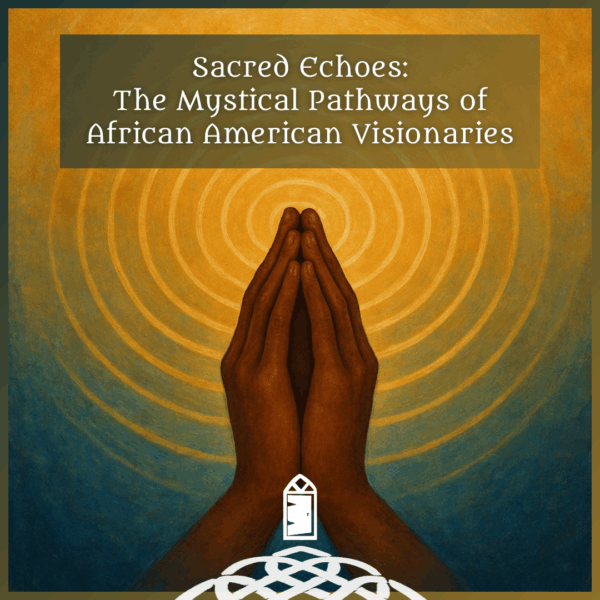Dearest monks, artists, and pilgrims,
The 8th principle of the Monk Manifesto reads:
I commit to being a dancing monk, cultivating creative joy and letting my body and “heart overflow with the inexpressible delights of love.”
I share some of the reflection here this week as a reminder for each of us to practice gratitude, contentment, good zeal, and cultivate the creative joy, freedom, and love which we are called to embrace as part of being a monk in the world.
“What is more delightful than this voice of the Holy One calling to us? See how God’s love shows us the way of life.”
—Rule of Benedict Prologue 19-20
“But as we progress in this way of life and in faith, we shall run on the path of God’s commandments, our hearts overflowing with the inexpressible delight of love.”
—Rule of Benedict Prologue 48-49
After writing the first seven principles of the Monk Manifesto, a couple of years passed, and then I was inspired to add the 8th principle above. In that time I had been deepening into the gifts of dance and embodiment, and discovering there a source of deep joy which always brought me back to Benedict’s invitation.
Whether we dance literally or metaphorically, the dance is a symbol for forgetting our self-consciousness and letting ourselves be overcome with the joy and love that beat at the heart of everything. Our whole purpose in following a spiritual path and nurturing these practices in our lives is to expand our inner freedom which expands our capacity for loving the world. As we release the hold of expectations and disappointments, as we stop trying to live into the imagined life and live the one we have been given, we discover a profound inner freedom to make choices out of love, rather than obligation or resentment.
In Chapter 72 of the Rule, Benedict describes two kinds of zeal. There is the wicked zeal of bitterness and cynicism which spreads its venom through communities with rapid ease. But there is also “the good zeal which monks must foster with fervent love.” This kind of zeal also can have a profound impact on those we encounter. The monk in the world is called to become conscious of the kind of zeal he or she sows in the world. Is it bitterness and resentment? Or love and cherishing?
This does not mean as a monk in the world that you need to always be happy. Far from it. Joy is not the same thing as happiness, but tapping into a deep well of love. Joy is deep and abiding presence, whereas happiness is a fleeting quality.
Our capacity for joy is in proportion to our capacity for sorrow, so the more we resist our grief, the more we also resist the treasure of joy available to us in abundant measure. Not the bitterness and resentment that Benedict counsels us to avoid, but the deep wells of sorrow we each carry within our hearts over losses and brokenness, betrayals and wounding. Following our principle of inner hospitality, we are called to welcome in these feelings, and in the process we carve out space for joy and love as well.
In St. Benedict’s description of humility, he says the 6th step is contentment. Contentment is one of those principles we find in other traditions as well. In yogic practice it is called santosha, and both mean a commitment to be with the truth of our experience and find a measure of peace and joy with what you have. Contentment helps us to let go of our expectations for what might be and to rest in the grace of what is.
Finding contentment with this moment is a very monastic practice and opens us to the possibility of joy. One of the definitions I sometimes give for an artist is that the artist creates out of the materials given. When we can live our lives in such a way that we accept the truth of our situation, and then seek to create from it, whether beauty or more peace or a way of honoring the grief, then we become artists of our everyday lives. The artist does not wait for some better materials to come along first. The artist does not say, I will only dance when I am thinner or healthier.
I describe this as creative joy, because we most often tap into it when we are engaged in creative activity like art or dance, or when we are in the midst of nature witnessing the Great Artist at work. But we can also access creative joy in the midst of friendship, when we find our way through conflict to a deeper sense of intimacy. Or through cooking a beautiful meal with the ingredients we have on hand. Or discovering that in the midst of our tenderness and vulnerability comes a great softening which allows us to finally ask for the support we need.
At Abbey of the Arts we nourish both the contemplative and creative, because we believe both are essential. We cultivate a sense of inner silence and spaciousness to receive the creative insights and inspirations that are our birthright. The more we allow this into our lives, the more vibrancy and vitality we discover.
With great and growing love,




One Response
Gratitude is more a feeling quality that arises from the depths within through prayer, meditation, lectio divine, and other spiritual practices. Practicing gratitude is an intellectual endeavor that is useful but not sustainable because it is only through soul work and body work in the silence of our hearts that qualities of God; love, compassion, forgiveness, and thankfulness for life as it unfolds moment to moment, emerges and is integrated into our personality.
Peace, Marie